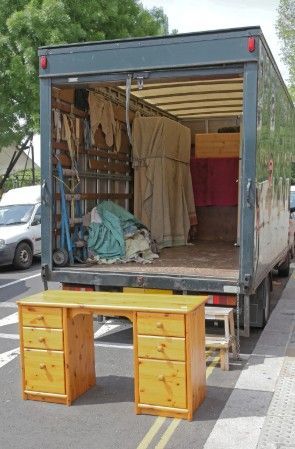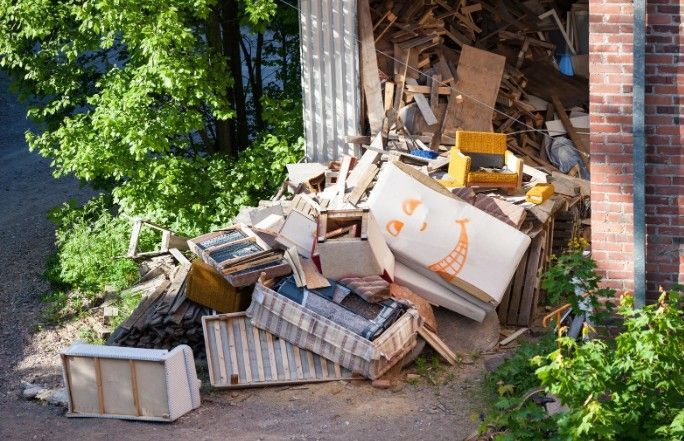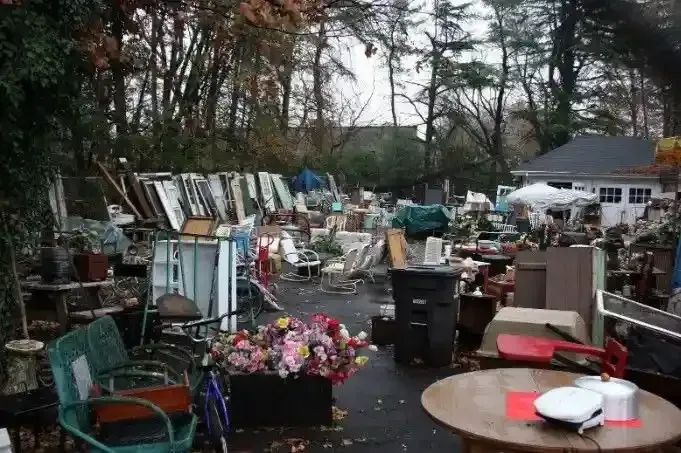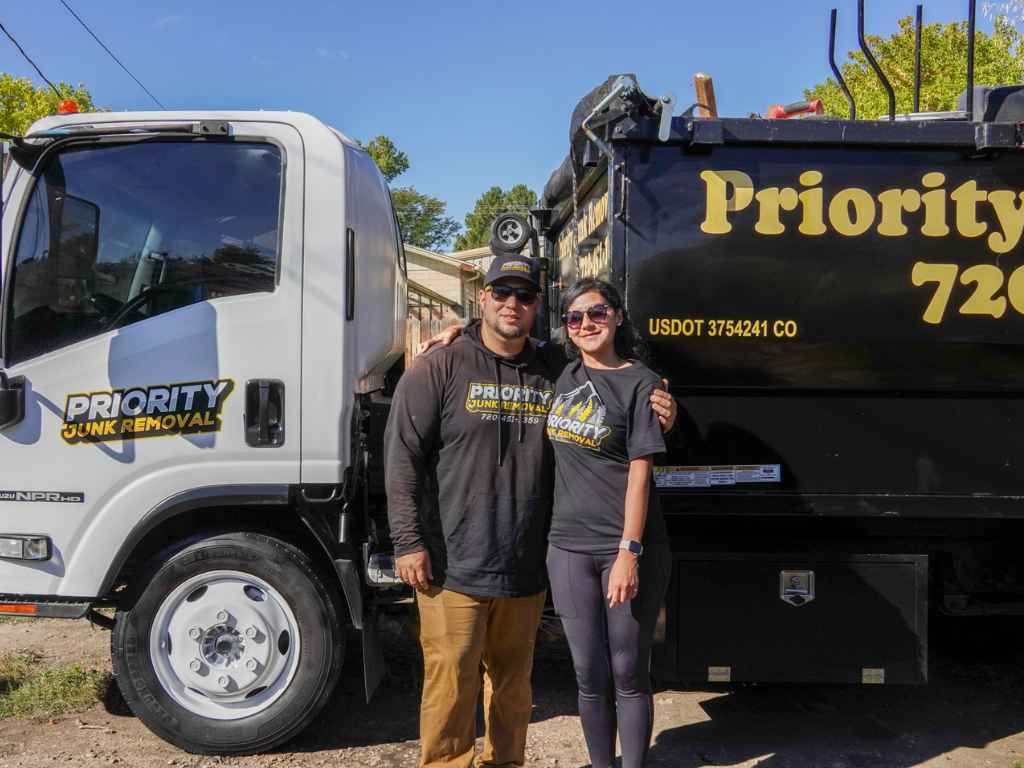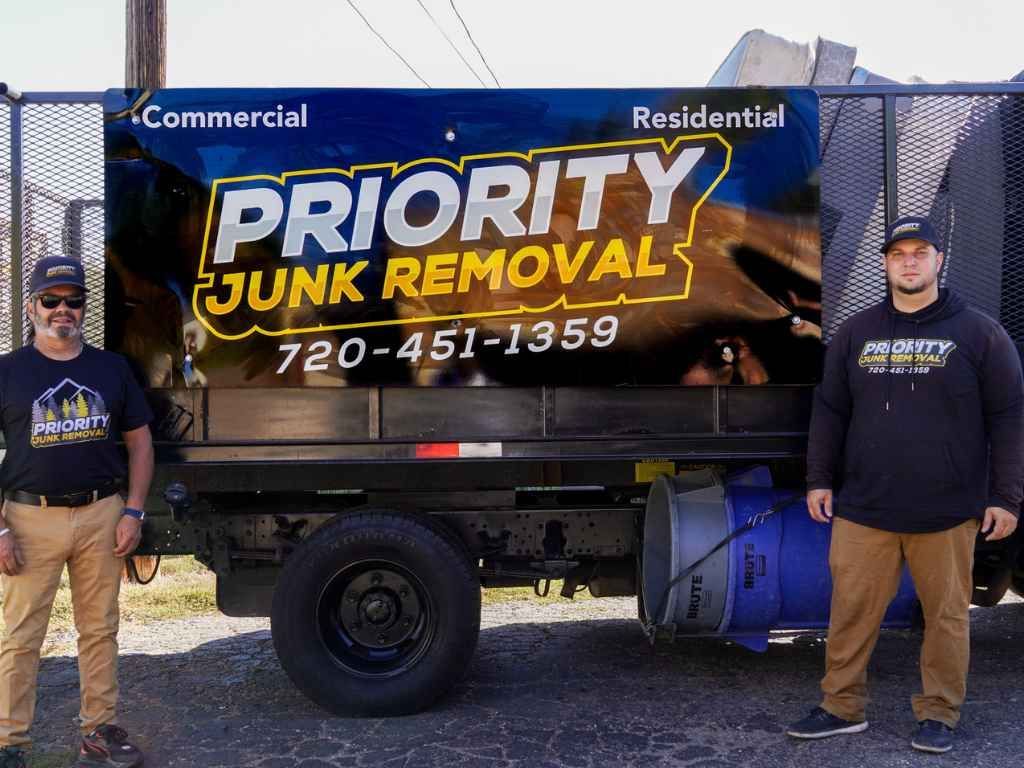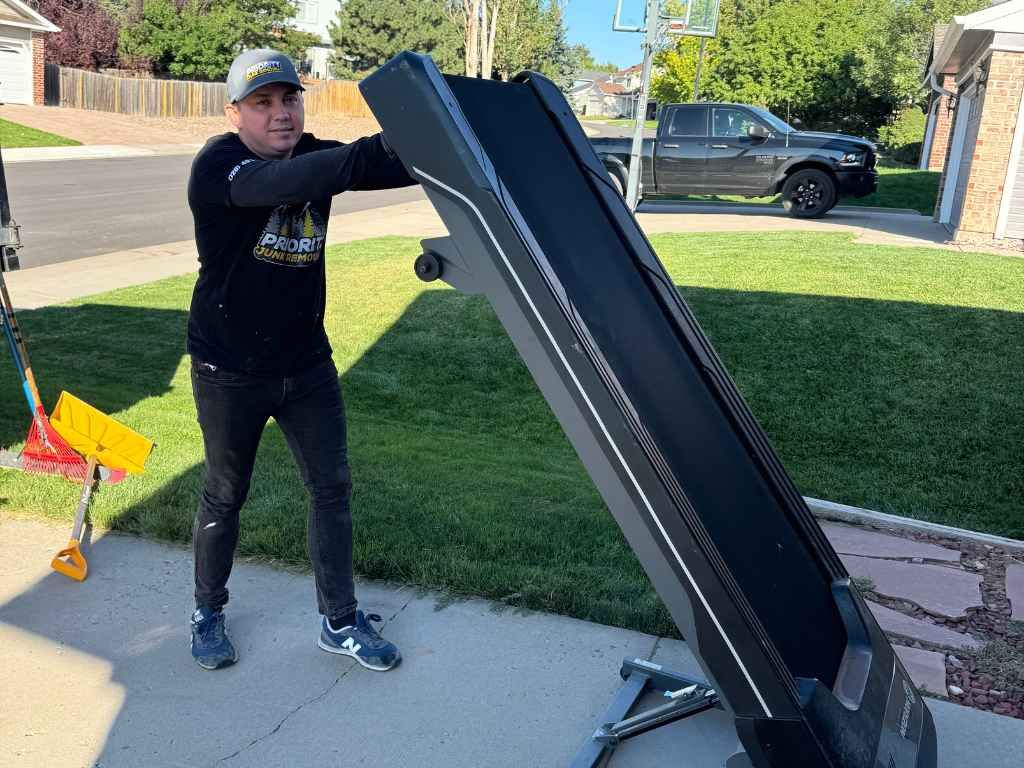How Small Businesses Can Implement Sustainable Waste Practices
In today’s rapidly shifting environmental landscape, small businesses hold more power than they realize when it comes to promoting sustainability. While large corporations often dominate the sustainability conversation, smaller enterprises—boutique cafés, indie retailers, neighborhood auto shops—can make just as meaningful a difference. Implementing eco-friendly waste practices isn’t reserved for the giants; it’s a practical, attainable shift for even the tiniest local operations.
What makes the impact profound is how these businesses are woven into the fabric of their communities. When a neighborhood business starts composting, reusing, or partnering with eco-conscious junk haulers, the ripple effects can influence hundreds of residents. Change, in this context, doesn’t need a boardroom strategy—it just needs a little creative thinking and a solid understanding of how waste flows in and out of the business space.
Benefits Of Sustainable Waste
Reduces Operational Costs
Sustainable waste practices might sound expensive up front, but they often save money in the long haul. Businesses trimming excess packaging, reusing materials, or reducing overall waste tend to see fewer disposal fees and lower supply costs. That’s a win-win situation—your wallet gets a break, and your footprint shrinks.
Strengthens Brand Reputation
Consumers care deeply about the environment. When a small business goes the extra mile to adopt sustainable waste practices, it earns credibility in the eyes of eco-conscious buyers. This not only boosts loyalty but also draws in a customer base aligned with values that promote long-term change.
Supports Regulatory Compliance
Cities and municipalities are enacting tighter rules on waste disposal. Small businesses that proactively integrate sustainable strategies are better prepared for evolving regulations. Avoiding fines while staying ahead of the compliance curve can be a game-changer for local business resilience.
Improves Workplace Morale
A cleaner, greener workspace influences more than just customer perception—it energizes your team. Staff feel more engaged when their employer cares about sustainability. It becomes part of the company culture and helps foster pride and accountability in everyday operations.
Encourages Community Engagement
Sustainable businesses naturally build bridges. By reducing waste or hosting recycling events, small businesses create opportunities to engage the neighborhood. That means greater visibility, new partnerships, and a shared sense of mission. Sustainability isn’t just inward-facing—it’s outward-acting, too.
Understanding the Waste Landscape for Small Businesses
Waste comes in more flavors than most businesses realize—paper, plastic, food scraps, packaging materials, e-waste, and more. Each type has its own pathway and potential for harm. Understanding what your specific waste stream looks like is the first step toward building a cleaner process. Maybe you run a café tossing hundreds of coffee cups daily or a print shop swimming in paper waste. Either way, knowing what you're dealing with can help you trim the fat.
Many small businesses discover, with a quick audit, that they’re paying to dispose of things they didn’t even know were recyclable or reusable. Suddenly, that overstuffed dumpster isn’t a necessity—it’s an opportunity. Tailoring a plan to your business’s unique rhythm makes change realistic and effective. Start by mapping out your waste, then target one or two categories to tackle first.
Making the First Steps Toward Sustainability Matter

No need to dive headfirst into a compost revolution. Start with the basics. Maybe it's switching to LED bulbs, asking suppliers to reduce plastic in shipments, or reusing shipping boxes for outgoing orders. Even little gestures like switching to reusable coffee filters in the break room are valid steps forward. Sustainability is more marathon than sprint—what matters is that the first steps are deliberate and sustainable.
Pick low-hanging fruit to generate quick wins, which builds confidence and motivation. For instance, partner with a local junk removal service that specializes in eco-friendly disposal. It's not only less of a headache but ensures your waste goes where it belongs—recycled, reused, or responsibly tossed. Over time, these incremental changes snowball into a noticeable transformation that staff and customers alike can appreciate.
Choosing the Right Partners for Waste Reduction
You don’t have to go it alone—sustainability is a team sport. Whether it’s finding a vendor that offers compostable packaging or partnering with a junk removal company that doesn’t just dump everything into a landfill, choosing the right allies makes a huge difference. Vet your partners by asking about their disposal policies and sustainability track records.
Look for junk haulers that sort, recycle, and donate usable items rather than letting them rot in landfills. These partners not only align with your green goals but often offer competitive pricing and reporting features that help you track your environmental impact. Being thoughtful about who handles your waste is just as important as how you handle it in the first place.
How Employee Involvement Drives Change
Your team is your secret weapon when it comes to building sustainable habits. When employees are included in the planning and decision-making around waste practices, they’re more likely to follow through. Empower them to bring ideas to the table, whether it's a DIY recycling center in the break room or a fun competition to reduce paper use.
Sustainability shouldn't feel like a chore—it can be a source of creativity and engagement. Consider assigning sustainability ambassadors within departments or hosting quarterly brainstorms focused on eco-solutions. Giving staff ownership not only fuels momentum but also uncovers ideas that leadership might miss. The shift toward greener operations is more successful when everyone has a hand on the wheel.
Creating a Waste Audit That Works for You
It might sound intimidating, but a waste audit doesn’t have to mean lab coats and clipboards. Just spend a few days tracking what’s tossed, recycled, or stored. Tally it up, then categorize it—paper, plastics, electronics, food, etc. Once you’ve got the data, patterns start to emerge. That’s where you can target the biggest pain points.
From there, create a plan with simple checkpoints. Maybe it’s reducing paper waste by 30% in three months or cutting down disposable food containers. Monitor the progress, celebrate small victories, and reassess quarterly. A waste audit is less about perfection and more about perspective—it shows where you stand and lights the path forward.
Reimagining Packaging and Supplies
One of the sneakiest sources of waste? Packaging. The bubble wrap, the single-use bags, the boxes within boxes. It adds up fast. Small businesses can rethink packaging by exploring options like recycled materials, compostable mailers, or reusing containers from incoming deliveries. This doesn’t just trim waste—it can add character to your brand.
Customers appreciate authenticity. If they see you using repurposed packing materials or offering bring-your-own-container options, it sends a powerful message. Suppliers often have greener alternatives that just need to be requested. It’s about asking the right questions and being willing to tweak the norm. Over time, even modest shifts in how products are packaged can slash landfill contributions significantly.
Marketing Your Sustainable Practices Without Greenwashing
I
t’s tempting to slap a “green” label on everything and call it a day—but savvy customers can sniff out fluff. The key to communicating your efforts is transparency. Show your work. Share photos of your new recycling setup or break down how much waste you diverted last month. Let customers see the process, not just the polish.
This isn’t about perfection. It’s about honesty and progress. Talk about your goals and even your challenges. Authentic communication builds trust and turns customers into advocates. Sustainable waste practices, when shared the right way, can become a powerful part of your marketing—not just another slogan on your website.
Leveraging Local Resources for Bigger Impact
C
hances are, your city or town already has tools to help you go green. Whether it's grants for composting equipment, free recycling bins, or workshops on sustainable practices, don’t overlook what’s right in your backyard. Local governments and nonprofits are often eager to support businesses that want to do better.
Tapping into these resources saves money and builds community. Join local business coalitions, attend sustainability meetups, or partner with schools on environmental initiatives. What starts as a solo mission quickly becomes a networked effort.
The Role of Junk Removal in Eco-Friendly Operations
Let’s face it—every business eventually deals with junk. Old office furniture, obsolete tech, broken shelving. How you get rid of it matters. Partnering with a junk removal company that prioritizes eco-conscious disposal ensures that usable items get donated and recyclable materials don’t end up as landfill fodder.
Instead of renting a dumpster and crossing your fingers, find a service that sorts, reclaims, and tracks where your stuff goes. This reduces your environmental impact and keeps your operation compliant with local regulations. Smart junk removal is less about getting rid of things and more about ensuring what you toss gets one more shot at usefulness.
Long-Term Thinking and Setting Green Goals
T
he best waste practices are the ones that evolve. What works this year might need tweaking next year. That’s why it helps to set flexible, long-term sustainability goals. Maybe you aim to become a zero-waste business over five years or reduce packaging waste by half within two. Give yourself room to grow.
Build these goals into your business plan. Review them regularly. Invite feedback from staff and customers. A sustainable mindset means constantly reevaluating what you consume and discard. It’s a journey without a finish line—and that’s the point. The more you learn and adapt, the more your small business becomes part of the solution, not the problem.
Conclusion
In the ever-evolving world of eco-conscious business, small steps ripple into major change. Sustainable waste practices aren’t just about ticking a green box—they’re about redefining what it means to run a smart, forward-thinking business. And the truth is, it doesn’t take a huge budget or a team of consultants. Just the willingness to start, a bit of creativity, and the right people in your corner.
For responsible, reliable, and sustainability-focused junk removal that supports your green journey, connect with Priority Junk Removal in Littleton. Call 720-451-1359 or email priorityjunkremoval@gmail.com to start cleaning up the smart way.

